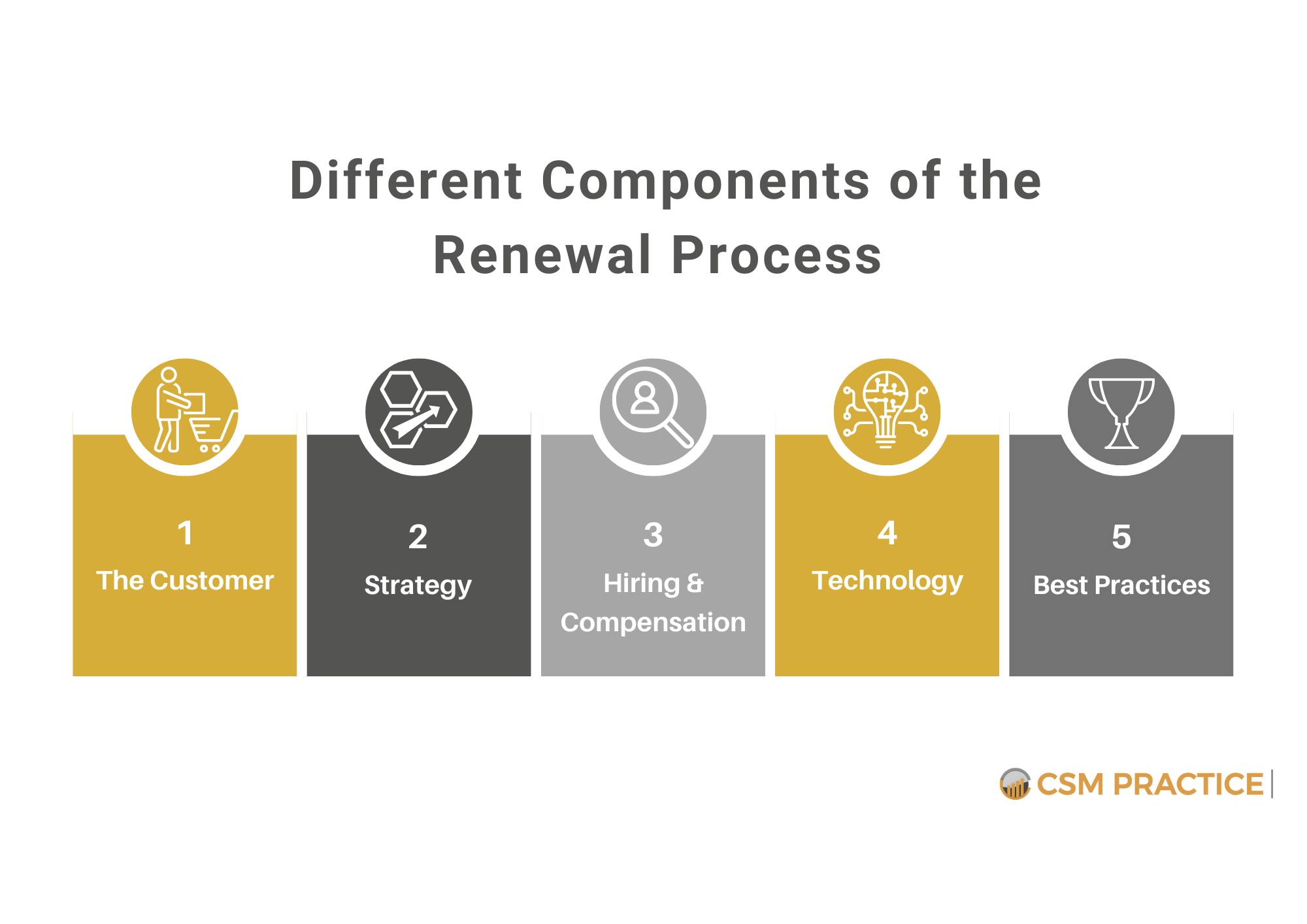Complete Guide to Fire Safety in the Workplace: Certification Made Easy
Complete Guide to Fire Safety in the Workplace: Certification Made Easy
Blog Article
From fire alarms to evacuation plans, US offices must comply with strict regulations to minimize risk and meet insurance and legal standards.
This article explores how American companies can strengthen fire safety through proper fire warden (brigade) training.
By the end, you’ll have a practical roadmap for ensuring your office meets the highest fire safety standards and safeguards your most valuable assets: your people.
The Importance of Workplace Fire Safety
Fires can happen anywhere, and offices are no exception.
Fire safety in the workplace protects more than just assets—it safeguards employees and visitors from harm.
Failure to comply can result in severe fines, legal liability, or even closure.
Understanding Fire Warden (Brigade) Training Requirements
This training is essential for ensuring that offices can respond quickly and safely if a fire breaks out.
Training requirements vary depending on local regulations, building size, and occupancy type.
Choosing a certified training provider is critical.
How to Prepare for Fire Safety Certification and Renewals
These certifications confirm that the office has adequate fire alarms, extinguishers, evacuation plans, signage, and trained personnel in place.
To prepare, start by conducting an internal audit.
Proactive preparation not only simplifies renewals but also ensures continuous protection for your workplace.

Ongoing Strategies for Workplace Fire Prevention
US offices that prioritize ongoing safety measures are less likely to face emergencies and better prepared when incidents occur.
Regular maintenance is critical: schedule monthly checks on fire alarms, smoke detectors, sprinkler systems, and extinguishers.
When fire safety becomes part of the daily routine, employees are more confident, better prepared, and less likely to panic during a real event.
Why Compliance Matters for Liability and Coverage
Failing to meet fire safety standards can have severe legal and financial consequences for US businesses.
In the event of a fire, inadequate documentation or proven negligence may result in denied claims, leaving businesses to cover damages out of pocket.
Investing in compliance is not just about avoiding penalties—it’s about protecting your assets, your team, and your future.

Conclusion: Building a Fire-Safe Workplace
US companies that take fire safety seriously strengthen their resilience, enhance employee confidence, and minimize operational risks.
By investing in fire warden training, maintaining up-to-date certifications, and conducting regular safety audits, organizations position themselves for long-term success.
As fire risks evolve and workplace environments change, staying proactive is essential.
Your Questions Answered: Fire Safety in US Businesses
Who needs fire warden training in a US office?
Typically, designated employees such as team leads, managers, or safety officers receive fire warden training.
How often should fire safety certifications be renewed?
Renewal periods vary by jurisdiction but are often required every 1–3 years.
What should companies watch out for to prevent fires?
Routine inspections and employee awareness help prevent these hazards.
Can non-compliance void my business insurance?
Failing to meet these standards may reduce payout or lead to denied claims in case of a fire.
What should be included in an office fire safety plan?
Drills and refresher training help keep the plan effective and actionable.
clique aqui para saber mais saiba mais Report this page